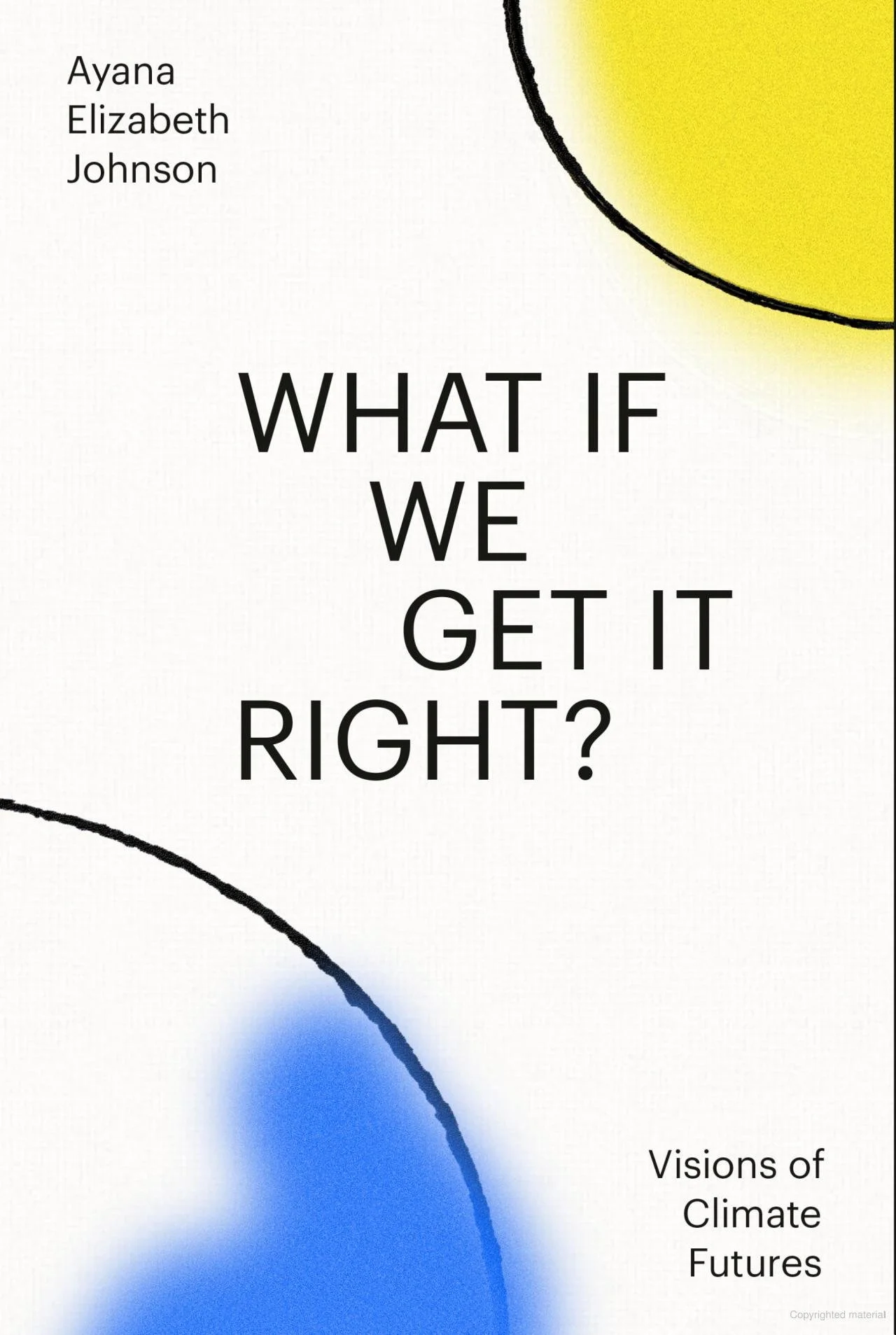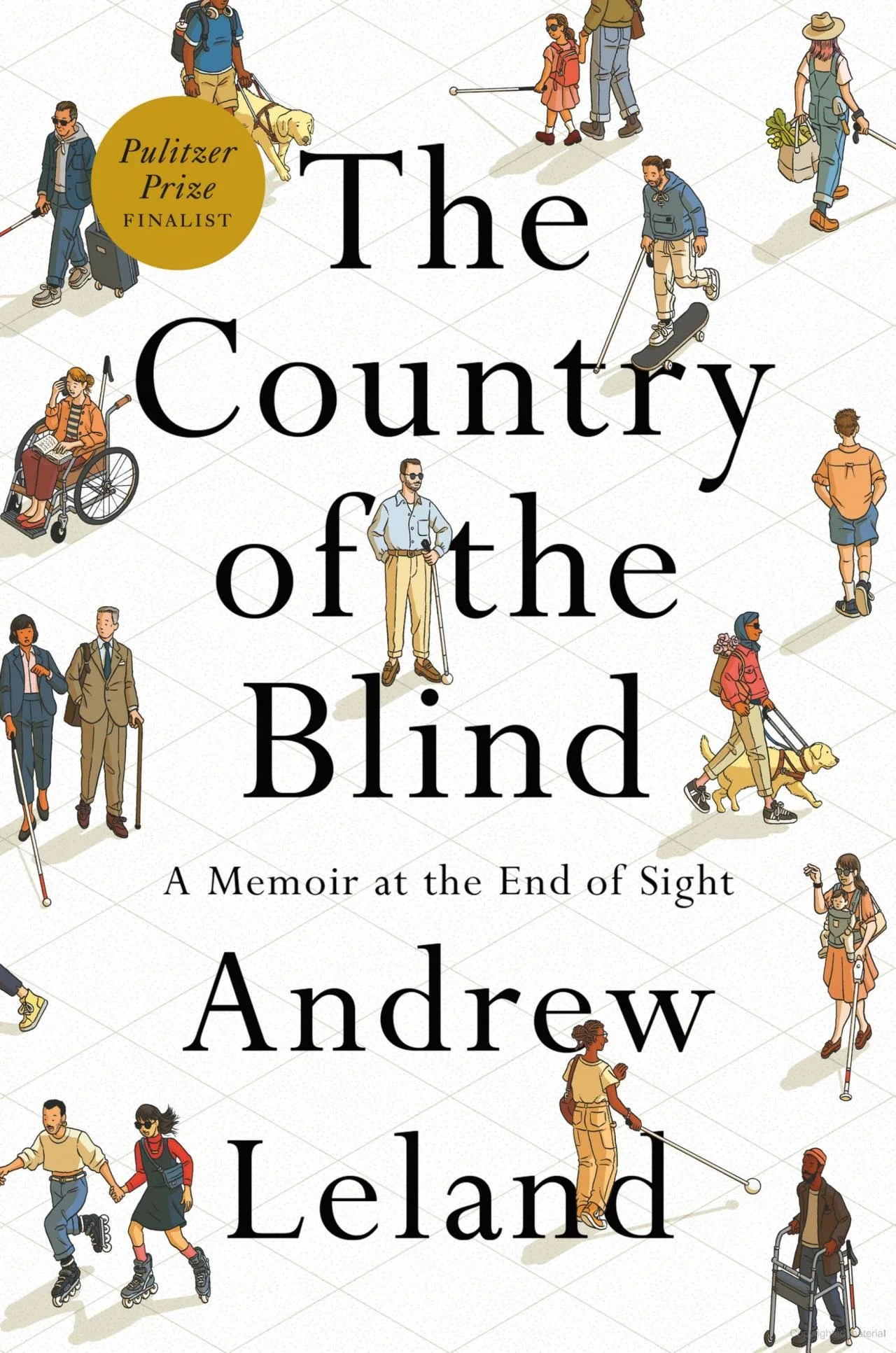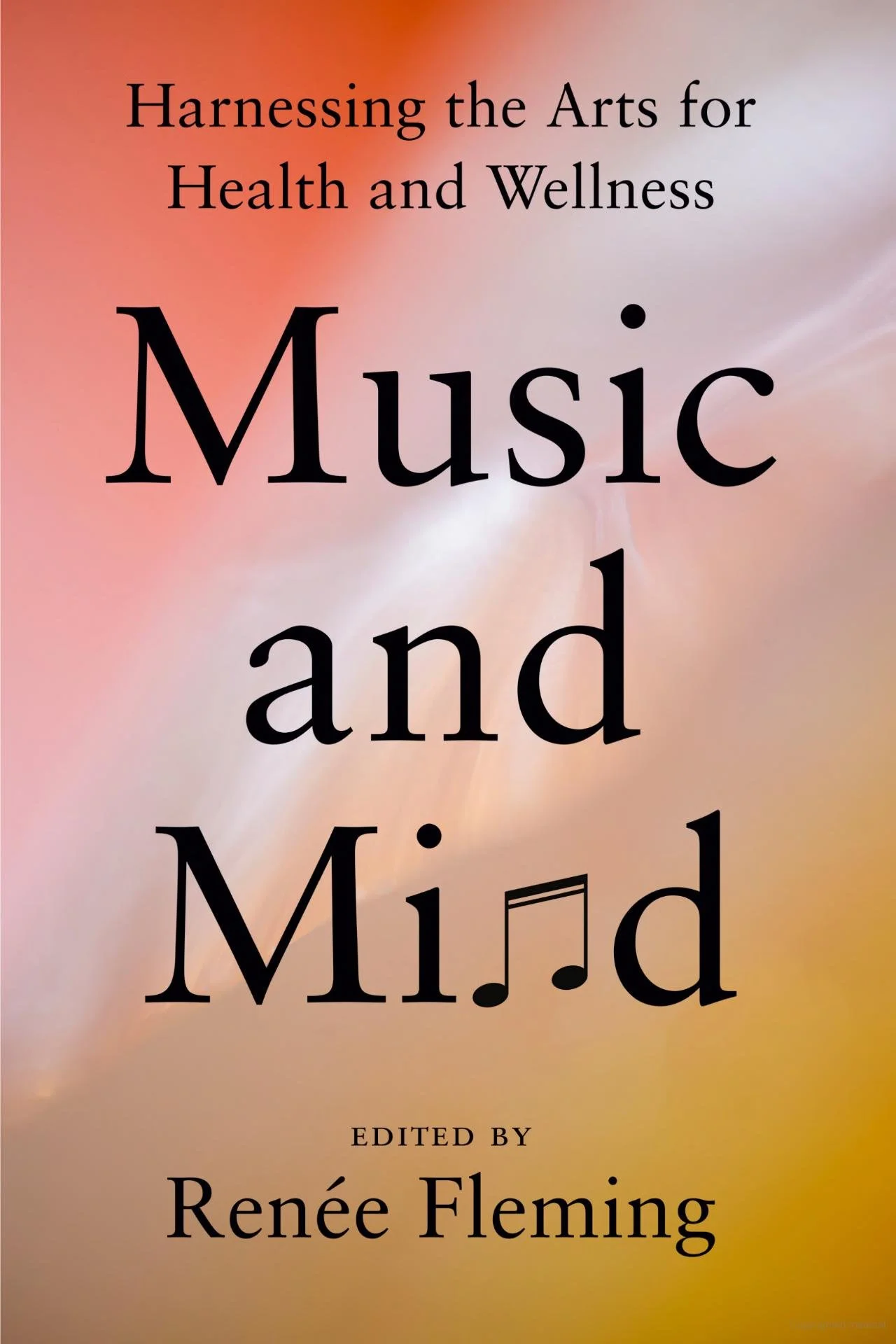Looking for your next read at the intersection of art, technology, and our world? The AMT Lab team shares what they have on their bookshelves this season. From the rise of AI in marketing to the urgent need for climate action, our team discusses the books we found most impactful. Read more below to find insights on accessibility, the power of music, and the future of culture.
Marketing Artificial Intelligence: AI, Marketing, and the Future of Business
By Paul Roetzer with Mike Kaput
A book that I read and then often return to is Marketing Artificial Intelligence, by Paul Roetzer, Founder and CEO of the Marketing AI Institute, and Mike Kaput. The book delivers on its title, offering marketers a deliberate, structured, and strategic approach to incorporating AI into their marketing processes and tech stack. While the headlines are ablaze with [often] empty promises for AI’s ability to improve our professional lives, I appreciated the book’s practicality. It begins with the frameworks and science and then breaks it down, starting with a chapter called “Getting Started” then moving through all the pathways used by the modern marketer – from advertising to email and social media. Each chapter includes dedicated tools or companies for each specific job. They conclude with a framework for scaling AI that emphasizes strategic investments over short-term fixes as well as methods for learning how to maximize AI’s impact by understanding what it can (and still cannot) do.
- Brett Ashley Crawford, Publisher and Executive Director
Purchase from your local bookstore, or find it on Amazon.
What if We Get it Right? Visions of Climate Futures
By Ayana Elizabeth Johnson
Purchase from your local bookstore, or find it on Amazon.
If you’ve read my work on the AMT Lab platform, you’ll know that I have a special interest in the role arts organizations play in addressing the climate crisis. Searching for a bit of climate optimism this season, I turned to Ayana Elizabeth Johnson’s What if We Get it Right?. This collection of interviews features scientists, activists, poets, and other professionals taking climate action in their unique fields. Johnson, a marine biologist and climate policy expert, begins the book with a clear picture of the severity of our current situation, but quickly pivots to action. Each interviewee is challenged to consider what the world might look like if we “get it right,” and what steps we can take now to make these futures possible.
One interview that might be of particular interest to our readers is with Paola Antonelli, MoMA’s senior curator of architecture and design, about designing our world for the outcomes we want to see. Specifically, they discuss the role of museums, retrofitting our built environment, and the potential impacts of AI and other budding technology.
This is a must-read for anyone contemplating their role in addressing the climate crisis, at either an individual or institutional level. Pick up a copy in print, or download the audiobook to listen interviews directly.
- Hannah Brainard, Chief Editor
Filterworld: How Algorithms Flattened Culture
By Kyle Chayka
A book that left a strong impression on me this year was Filterworld: How Algorithms Flattened Culture by Kyle Chayka. It came up during a conversation with a friend about our growing frustration with Spotify’s recommendations—it just kept feeding us the same tracks! In Filterworld, Chayka explores this very phenomenon: how algorithms have “flattened culture” into what is most popular, consumable, and marketable. He reflects on a time when discovery felt far more personal, driven by human tastemakers like DJs, curators, and critics, rather than the automated systems we rely on today.
This book made me think deeply about how I developed my own personal taste and how the digital age has reshaped the way we experience and consume content. It also raised an important question: are we still able to determine what we truly like, or are algorithms deciding for us?
- Jinghong Gong, Technology Manager
Purchase from your local bookstore, or find it on Amazon.
Country of the Blind: A Memoir at the End of Sight
By Andrew Leland
Purchase from your local bookstore, or find it on Amazon.
One of the most moving books I read this year was The Country of the Blind: A Memoir at the End of Sight by Andrew Leland. As a sighted person with a blind parent, I initially picked up the book to read a personal account of this condition, but ended up also with a rich work of history contextualizing blindness in the United States. Framed as a memoir where the author traces his own history managing Retinitis Pigmentosa (RP), the book also serves as an overview of blind culture and social contributions thanks to Leland’s own historical investigations. He details progressive social organizations, politics, and accessibility movements, as well as an astounding amount of technological innovations originating in the blind community, often largely predating mass consumer versions. Early problems of converting print media to electronic signals to facilitate blind reading, for instance, later informed approaches to coding the internet, optical character recognition, the development of synthetic voices like Siri, and countless other technologies. Leland deftly presents his own personal history as one embedded in a larger culture of technological and social innovation, illuminating the courageous spirit of blind trailblazers and their collective unwillingness to be relegated by society, often inventing a better future for themselves and others in the process. I highly recommend this for any person seeking a greater understanding of blindness, accessibility, inclusive technologies, and the art of seeing beyond oneself.
- Ian Hawthorne, Lead Researcher
Music and Mind: Harnessing the Arts for Health and Wellness
By Renée Fleming
Purchase from your local bookstore, or find it on Amazon.
The book that was always on my desk for the past four months was Music and Mind: Harnessing the Arts for Health and Wellness. This is a one-of-a-kind, thoughtful, and comprehensive collection of works by artists, educators, scientists, art therapists, and other leading professionals in various industries that deal with music. To name a few, Yo-Yo Ma, a world-renowned cellist; Nina Krauz, PhD, a researcher of auditory learning; and Richard Powers, Pulitzer Prize-winning novelist. The book is edited by Renée Fleming, a world-renowned opera singer and arts and health advocate, and consists of seven parts, each covering one broad aspect of what role music and sound play in different parts of humans’ lives.
I especially loved two articles representing the wide variety of works included in the book. One is “Sound Connects Us” by Nina Kraus, where she explains the crucial role of sound in connecting not only humans with each other but also connecting different systems within one’s body. She shares methods to prevent disruption of such connections amongst all the noise of the modern world. The second article is “Our Symphony Orchestra: The People’s Band and a Symbol of Civilization” by Ben Folds, an Emmy-nominated singer-songwriter-composer and Artistic Advisor at The National Symphony Orchestra (NSO). Folds talks about the power of music to create a sense of togetherness on multiple levels and how he’s ensuring such an experience for the NSO’s audience through blending classical and pop programming that’s inspiring for both the audience and musicians.
If you’re passionate about music in any way, whether it is your professional area or not, you will find something inspiring and insightful in Music and Mind.
- Sofia Akhmanaeva, Social Media Manager






